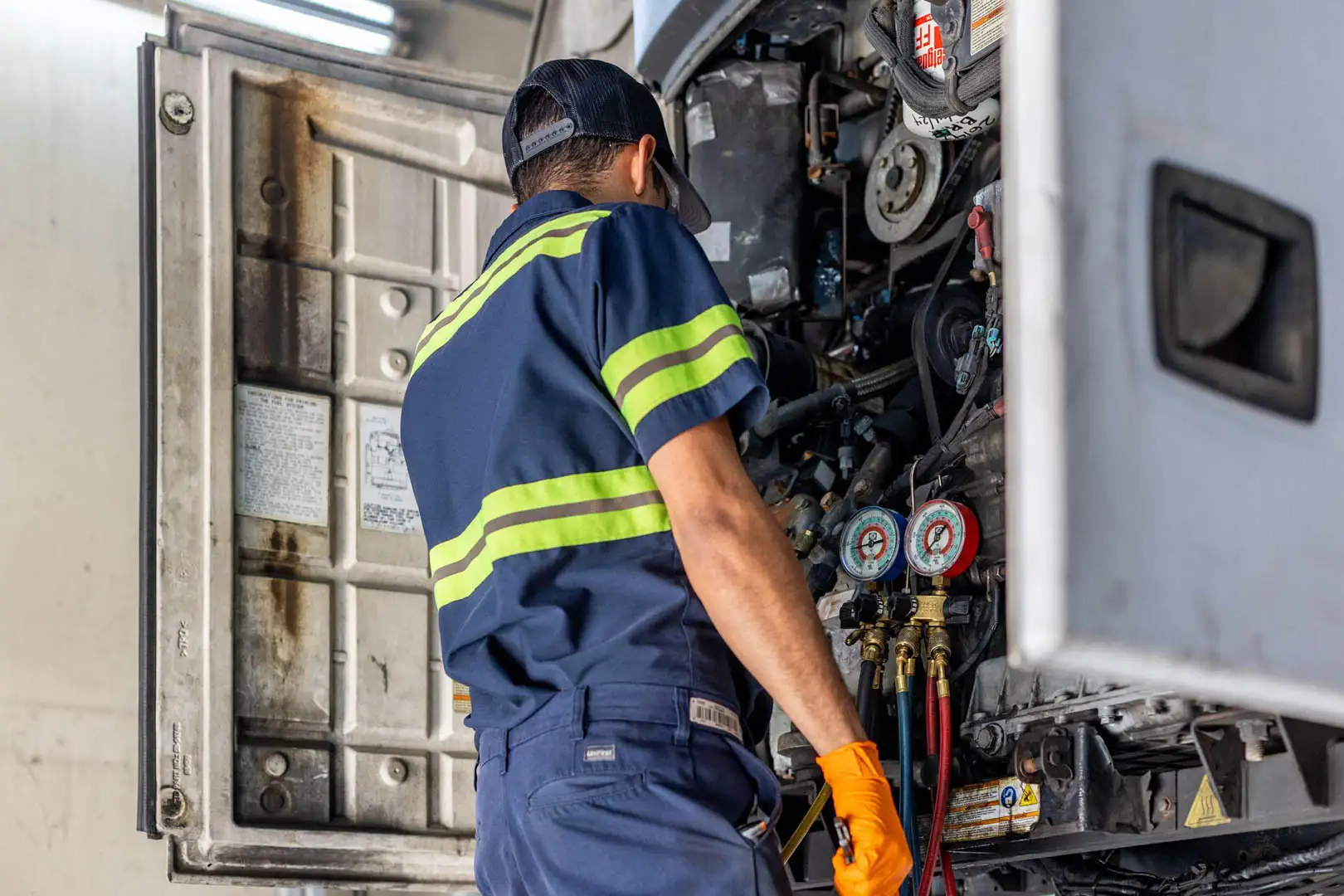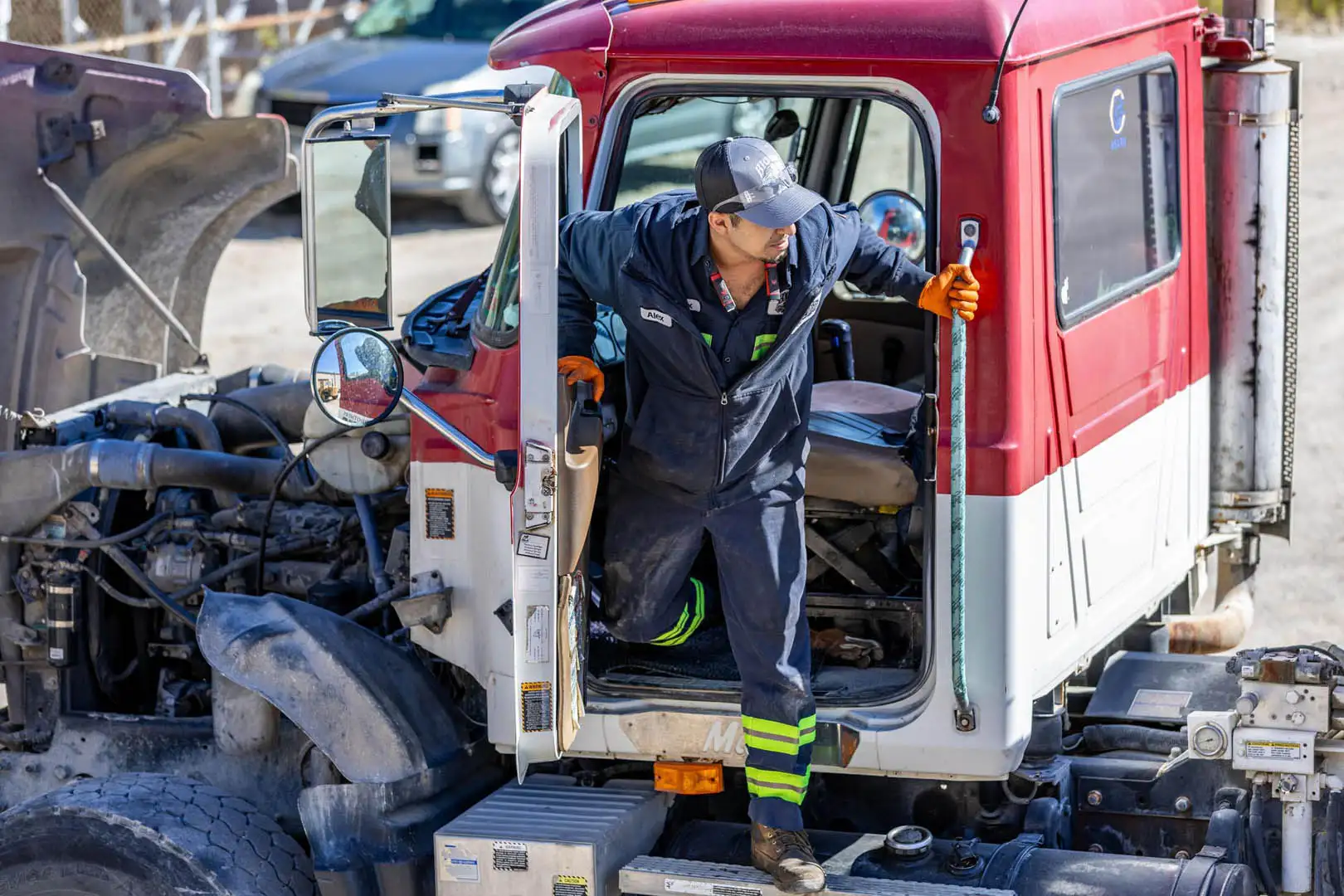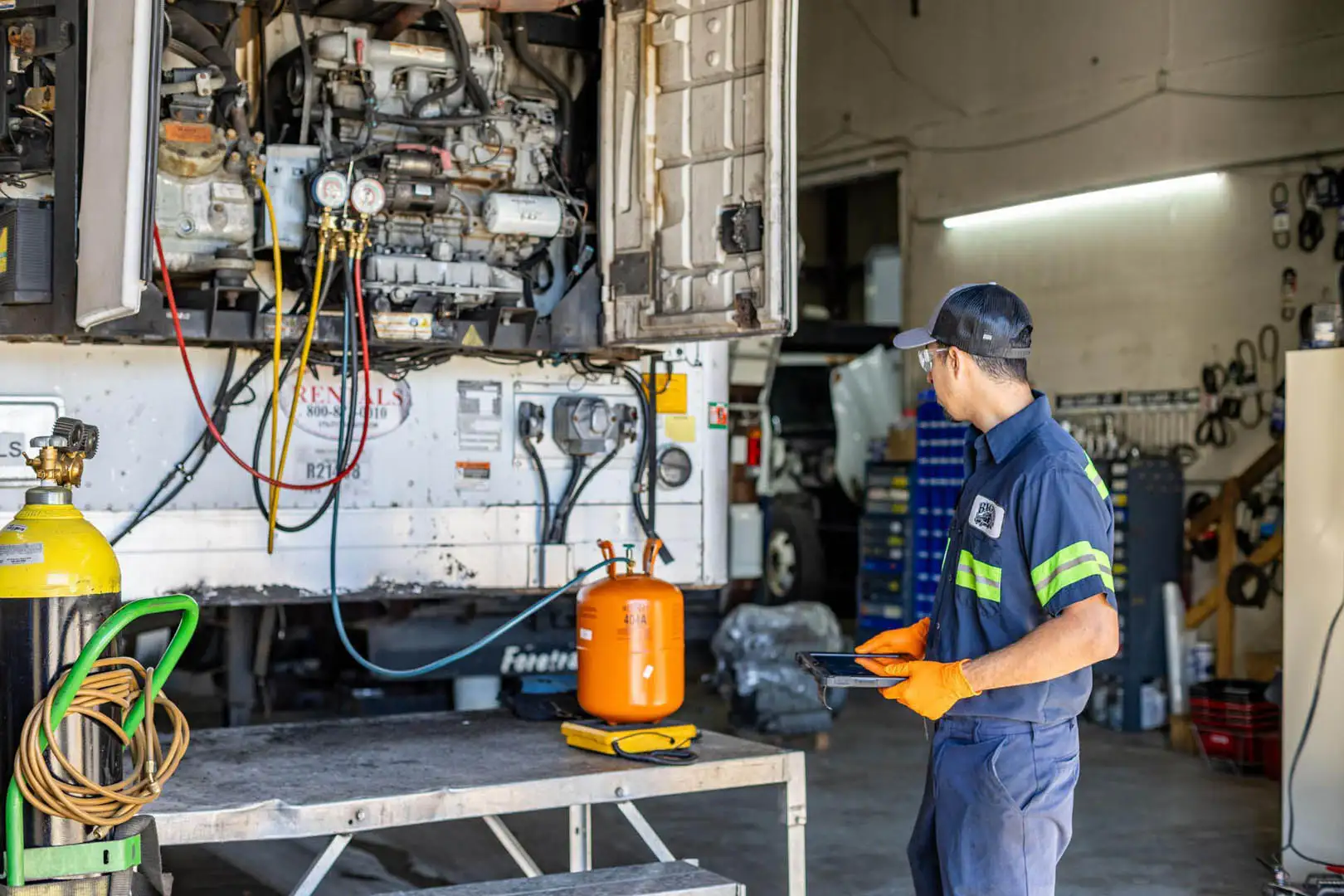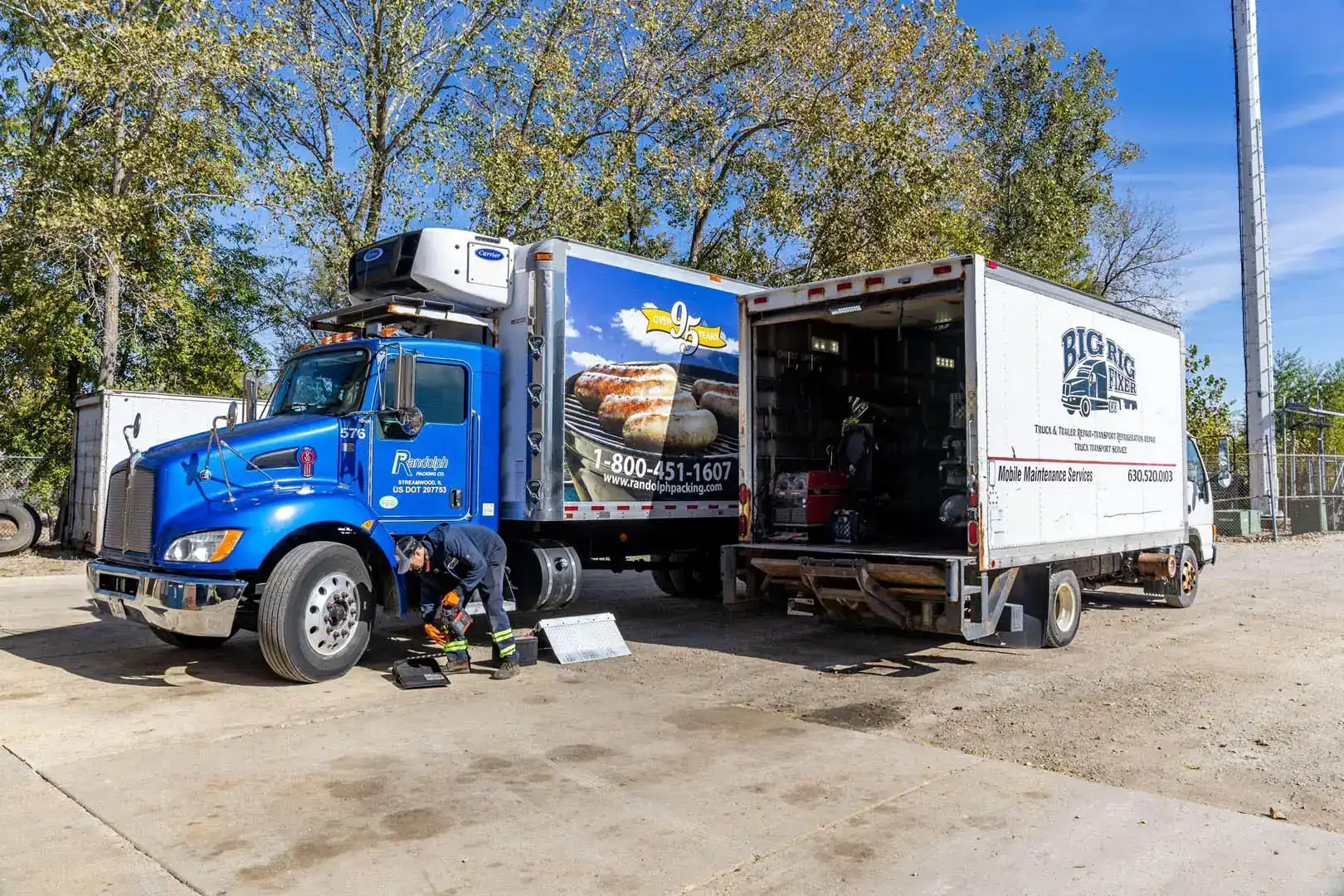5 Key Maintenance Tips for Keeping Your Transport Refrigeration in Top Shape
Discover 5 essential maintenance tips to keep your transport refrigeration units running efficiently. Prevent reefer breakdowns, protect cargo, and save on costly repairs.

Transport refrigeration units are critical for maintaining the cold chain and protecting temperature-sensitive cargo. Regular maintenance ensures reliable operation and prevents costly cargo losses.
1. Regular Coil Cleaning
Condenser and evaporator coils accumulate dirt, debris, and road grime, reducing heat transfer efficiency.
Cleaning Schedule:
- Condenser coils: Every 30 days or 500 engine hours
- Evaporator coils: Every 90 days or 1,500 engine hours
- More frequent cleaning in dusty environments
Cleaning Process:
- Turn off the unit and disconnect power
- Remove guards and covers
- Use compressed air or coil cleaner
- Rinse with water if using chemical cleaners
- Allow to dry completely before reassembly
2. Check and Maintain Proper Refrigerant Levels
Low refrigerant levels reduce cooling capacity and can damage the compressor.
Signs of Refrigerant Issues:
- Poor cooling performance
- Frost buildup on coils
- Excessive energy consumption
- Compressor short cycling
Professional Service Required:
Refrigerant service requires EPA certification. Contact Big Rig Fixer for:
- Leak detection and repair
- Refrigerant recovery and recycling
- System recharging
- Pressure testing
3. Inspect and Replace Air Filters
Clogged air filters restrict airflow, forcing the system to work harder and potentially causing ice buildup.
Filter Maintenance:
- Check filters every 30 days
- Replace when dirty or damaged
- Use OEM or equivalent filters
- Keep spare filters in inventory
4. Monitor and Maintain Electrical Connections
Loose or corroded electrical connections can cause system failures and safety hazards.
Monthly Electrical Inspection:
- Check all connections for tightness
- Look for signs of corrosion or burning
- Test control functions
- Verify proper grounding
- Check fuse and relay condition
5. Perform Regular Belt and Hose Inspections
Belts and hoses are wear items that can fail without warning, causing system shutdown.
Belt Inspection Points:
- Proper tension (deflection test)
- Cracking or fraying
- Glazing or hardening
- Pulley alignment
Hose Inspection Points:
- Cracking or swelling
- Loose or damaged clamps
- Signs of refrigerant leaks
- Proper routing and support
Additional Maintenance Tips
Temperature Monitoring
- Calibrate temperature sensors regularly
- Test alarm systems monthly
- Document temperature logs
- Verify set point accuracy
Pre-Trip Inspections
- Check fluid levels
- Test operation before loading
- Verify door seals
- Check for unusual sounds
Professional Service Recommendations
While routine maintenance can be performed by qualified technicians, certain services require professional expertise:
- Annual comprehensive inspections
- Refrigerant system service
- Compressor repairs
- Electrical system troubleshooting
- EPA compliance documentation
Partner with Big Rig Fixer for comprehensive transport refrigeration maintenance and keep your cold chain intact.


